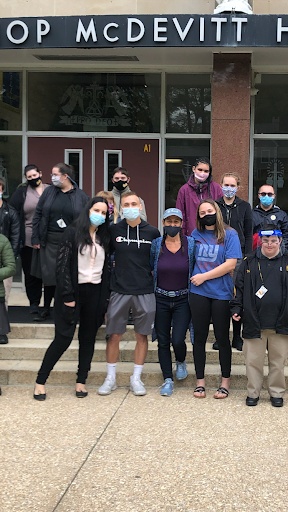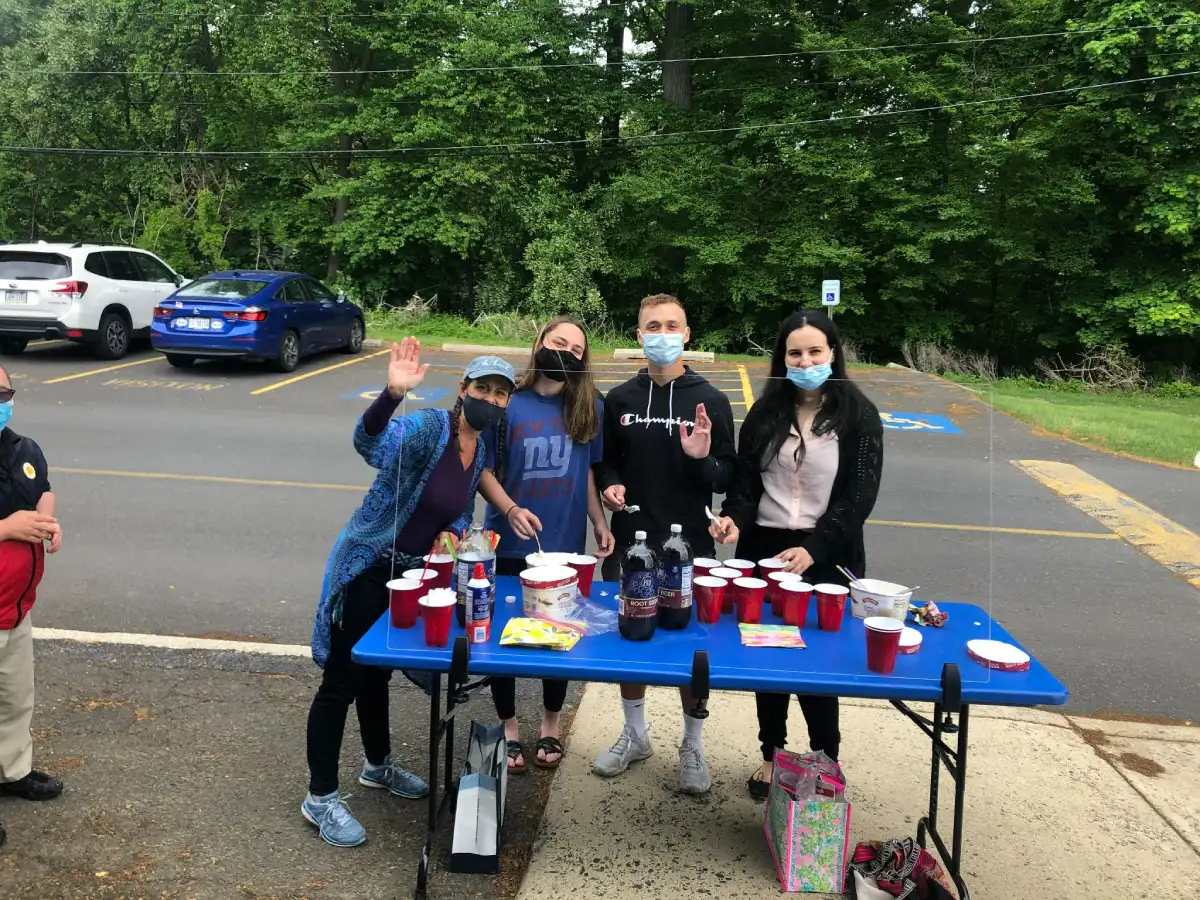A Flexible Student is a Successful Student
One of the hardest adjustments in college is changing the way you approach academics to successfully reach your goals. Receiving a liberal arts education means that you will experience drastic differences in curriculum, lectures, exams, and even the class environment. One of the hardest things is to recognize these differences and be a dynamic and flexible student. From my experience at Arcadia, I have begun to notice that a flexible student is a successful student.
Flexibility within academics is not just changing how you take notes or study. Being flexible is also about changing your perspective and how you view the material. During the Fall semester of my sophomore year, I had a packed schedule of diverse classes. I was taking Evolution, Genetics, Organic Chemistry, Honors Project, and The Study of Self and Teams. Between these classes, I had to change how I studied, took notes, and my perspective of the material when I was learning.
Believe it or not, during this semester the two most similar classes were Organic Chemistry and The Study of Self and Teams. Even though the material was drastically different, the approach I took to succeed was the same. These two classes incorporate material that you must understand and not memorize. Similar to learning the dynamics of leadership and groups in The Study of Self and Team, in Organic Chemistry, you have to learn the unique characteristics of chemical compounds and how they interact with each other and the surrounding environment. If I were to learn the material of these classes with the more rigid and fact-based approach I used in the Honors Project and Genetics, the outcome would have been different.
So, how can you be a dynamic student to successfully reach your goals? First, it is important to acknowledge that every person has different ways of thinking. Some people are better at facts and memorizing while others are better at understanding, solving problems, and creating unique solutions. When you understand what type of person you are you can target classes and topics that might be more challenging. For example, I am a more dynamic thinker. I enjoy classes like Chemistry and Calculus because I can solve a problem using my knowledge as a whole. For the same reason, I struggle in classes like Public Health and History because I have trouble memorizing laws and rigid facts.
The second thing a dynamic student must work on is having the ability to take initiative and responsibility for yourself and the goals you have set forth. Being a college student comes with many challenges within the academic environment and also within your personal life. You may not like how a professor lectures or you may have missed classes and fallen behind in material. Whatever the case may be, it is extremely important to be proactive, take responsibility, and initiate the steps necessary to achieve your goals. During freshman year, I was extremely sick and missed a full week of chemistry courses. I fell behind in my class work but I reached out to my professor as well as other students in the class to obtain the chapters we covered. I then spent extra time in the library for the next two weeks catching up on the material. It wasn’t my fault I was sick or my professor’s fault I was sick, but I took responsibility and initiated the steps I needed to do well in the class.
Finally, the last quality you need to be a dynamic student is to be open to criticism. Many people hear the word criticism and associate it with a negative meaning. However, you should view this with a positive attitude! It is often one of the hardest things to admit that what you are doing may not be the most productive and successful practice. Having the ability to listen and evaluate what other people are recommending is not only a valuable skill in becoming a better student, but a valuable skill in life and the professional world.




